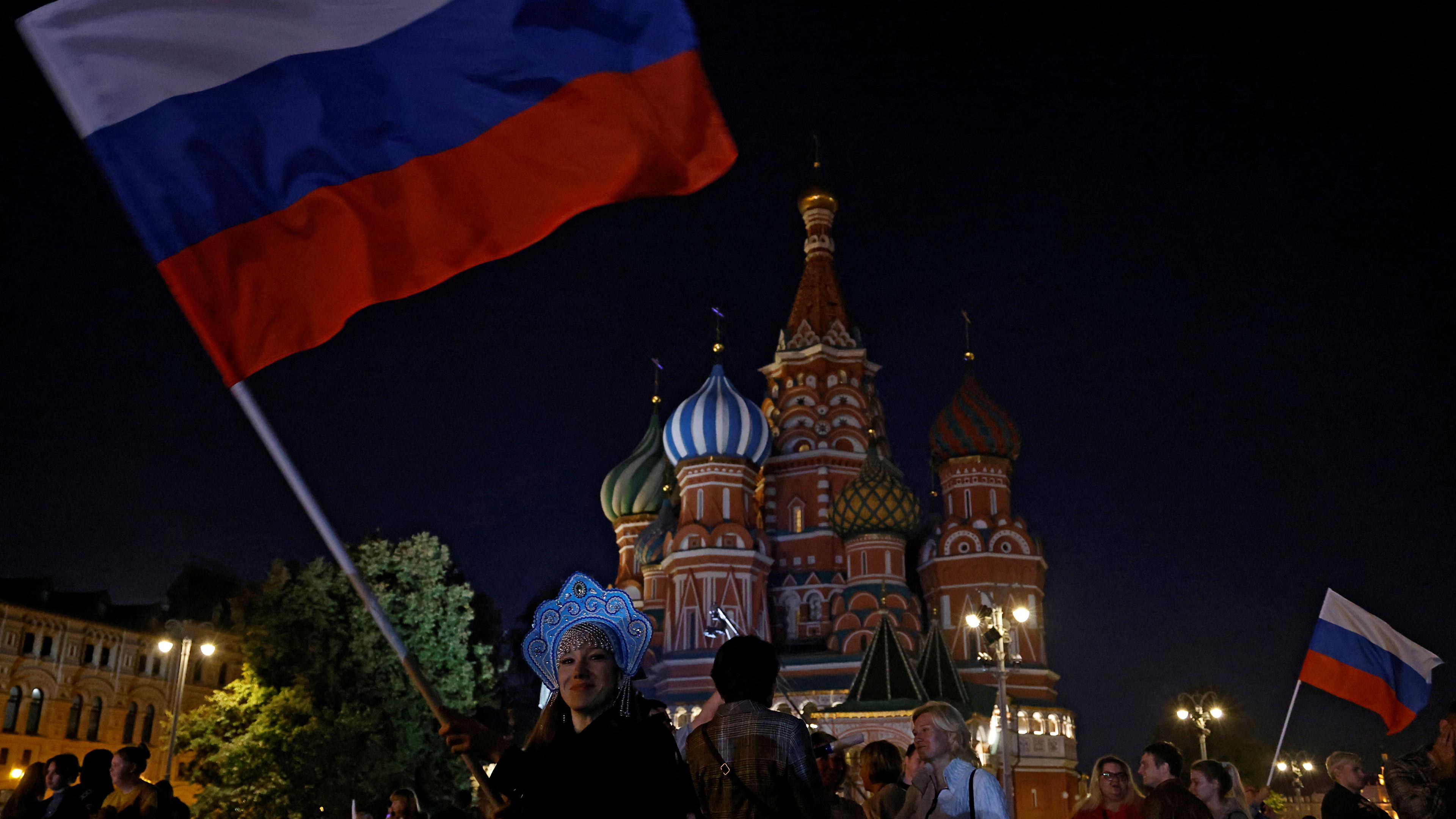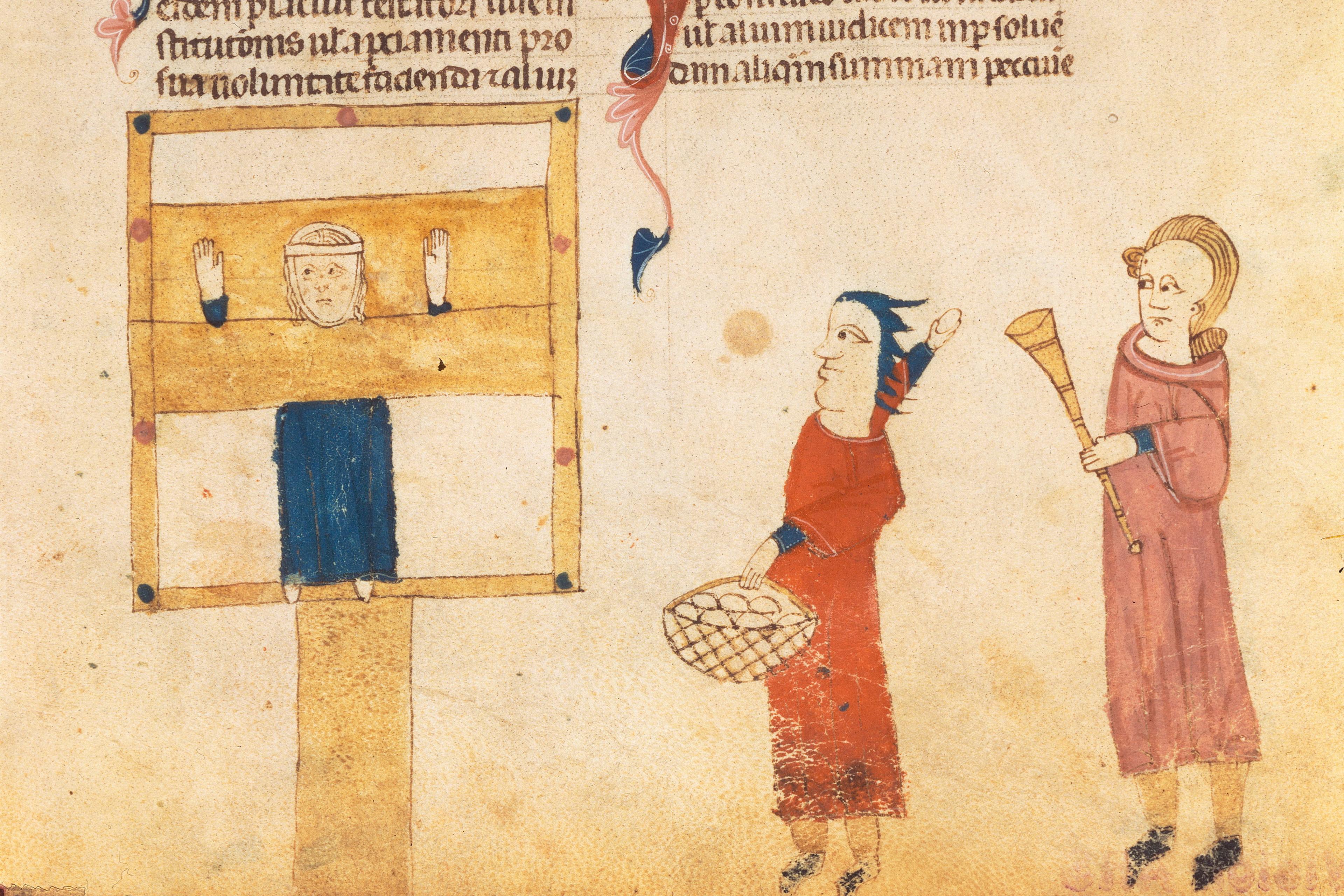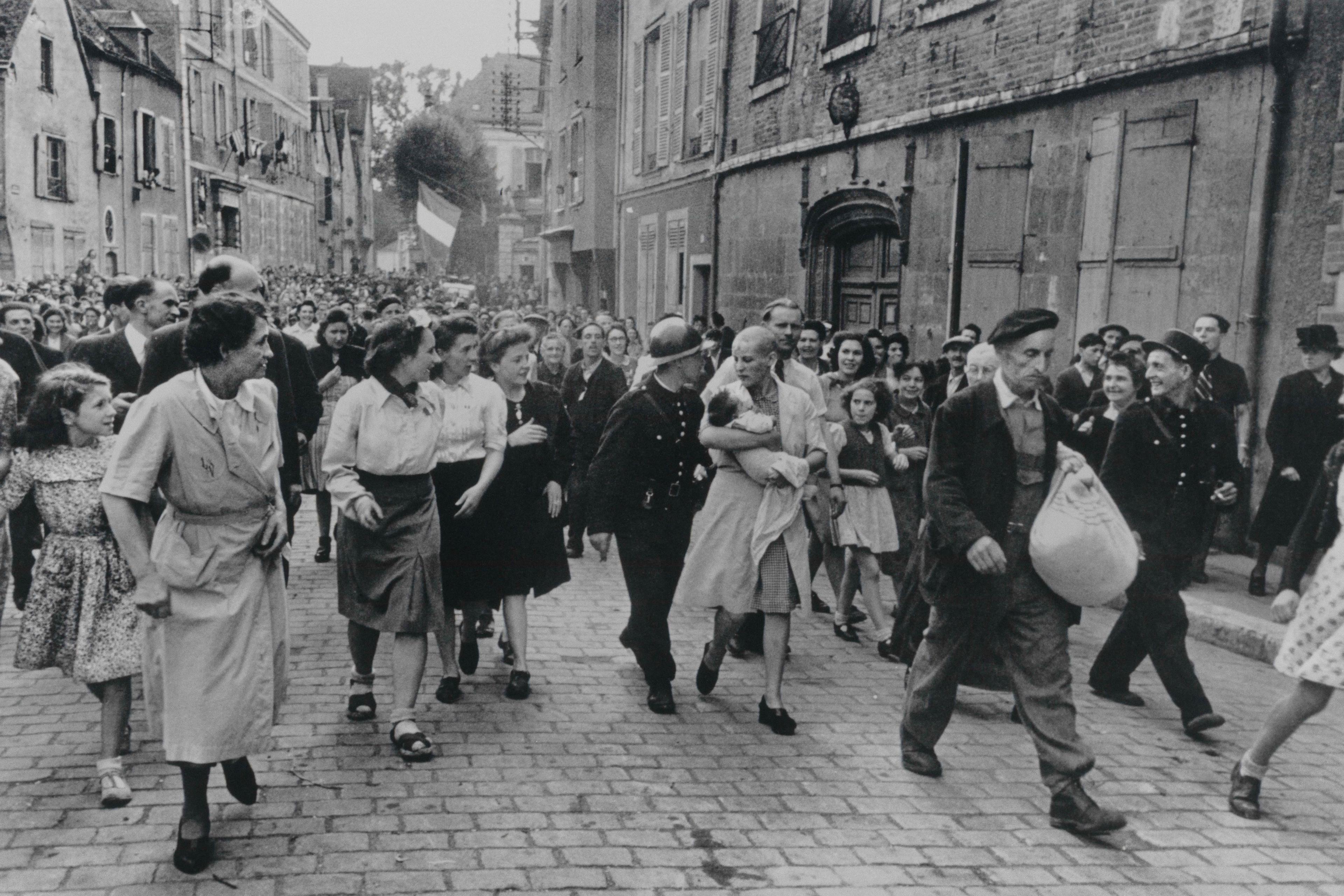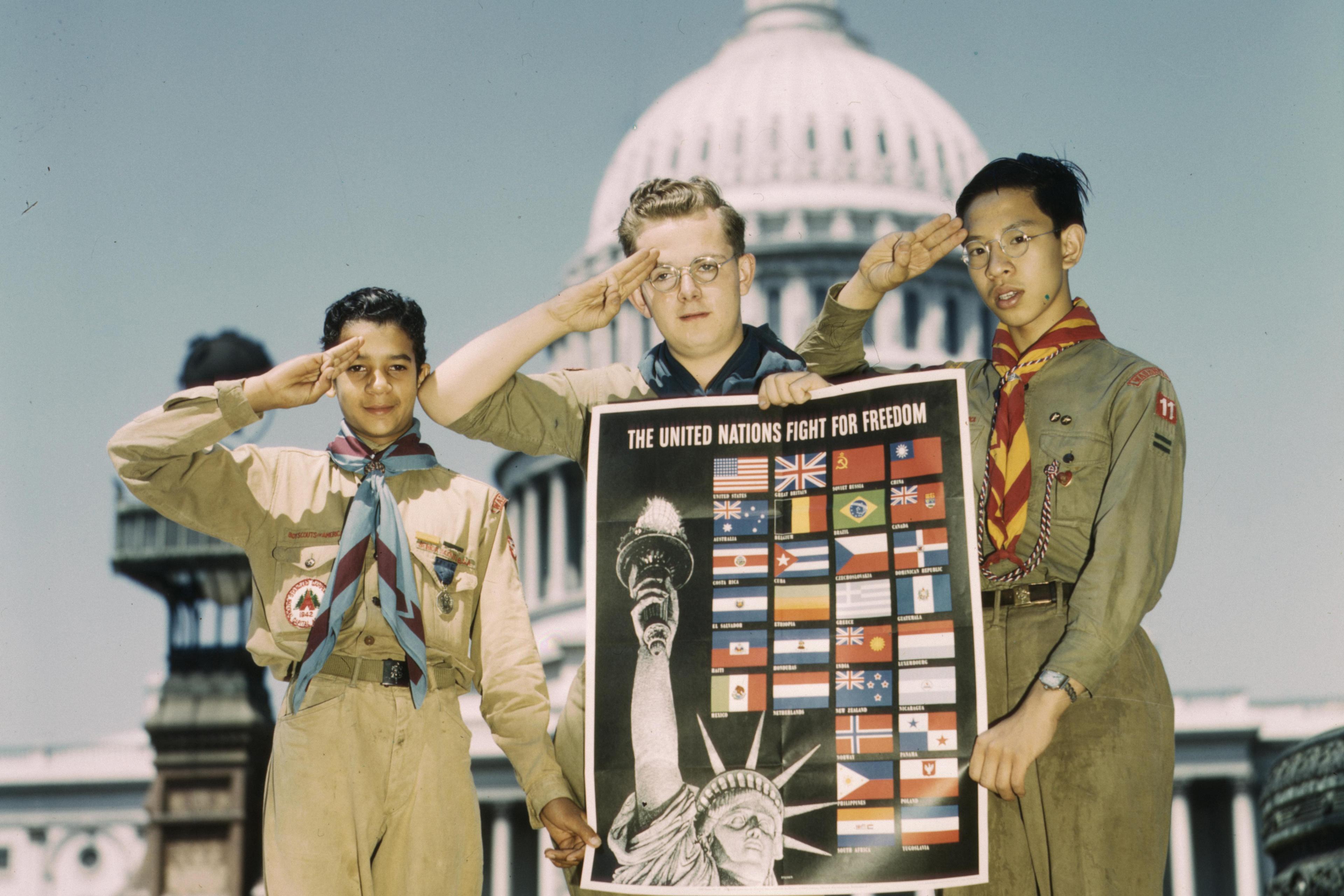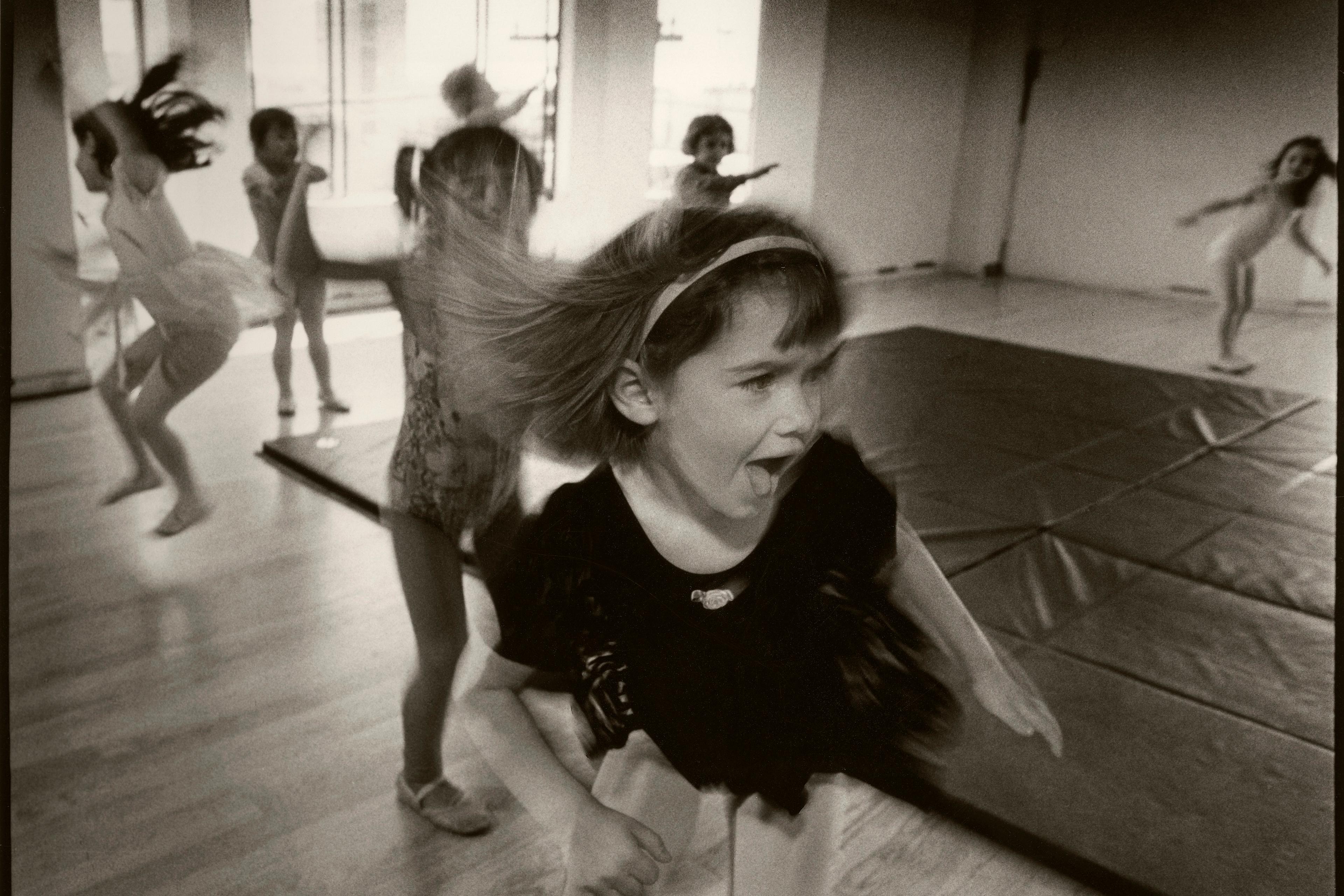Why do countries go to war? International relations scholars are increasingly pointing to national humiliation as a key factor. Evelin Lindner observes in Making Enemies (2006) that ‘Humiliated hearts and minds may represent the only “real” weapons of mass destruction.’ Likewise, Joslyn Barnhart argues in The Consequences of Humiliation (2020) that ‘Humiliating international events on average increase individual support for assertive foreign policy actions.’ When citizens of a nation feel humiliated, they become more likely to support aggressive foreign policy initiatives.
This argument has featured prominently in discussions about Russia’s full-scale invasion of Ukraine on 24 February 2022. The Kremlin’s official justifications have included unfounded claims about Ukrainian Nazis committing genocide, as well as the threat of NATO expansion. But a recurring theme in explanations for the war is also the humiliation supposedly felt by everyday Russians.
We see this in the rhetoric of the Kremlin. On the morning of the invasion, the Russian president Vladimir Putin framed the war as a response to humiliation, declaring that its purpose was to protect those who had ‘been facing humiliation and genocide perpetrated by the Kiev regime’. Similar explanations appear in Western commentary. As Thomas Friedman noted in The New York Times in 2022: ‘When Putin felt humiliated by the West after the collapse of the Soviet Union and the expansion of NATO, he responded: “I’ll show you. I’ll beat up Ukraine.”’
This idea extends beyond Russia. Emmanuel Macron, the French president, has warned against humiliating Russia in efforts to aid Ukraine, implying that further humiliation could prolong the conflict. Looking further back, the humiliation of Germany by the Treaty of Versailles (1919) is often cited as a key driver of Hitler’s rise to power. And China’s so-called ‘century of humiliation’ – spanning from the Opium Wars to the end of the Second World War – is frequently invoked to explain China’s aggressive stance towards the West today.
Scholars of international relations have given a name to this phenomenon: national humiliation. As Barnhart writes:
A state of ‘national humiliation’ arises when individuals who identify as members of the state experience humiliation as the overwhelming emotional response to an international event, which they believe has undeservedly threatened the state’s image on the world stage.
But what exactly is national humiliation? And is it really such a clear cause of war?
Proponents of humiliation-based explanations for war tend to take the concept literally: real people experience humiliation, and this emotional response fuels war. It’s not taken as a metaphor, and it’s not applied only to leaders, but to the population at large. The problem is that humiliation is an underexplored emotion in psychology, and it is unclear whether it can sustain the kind of long-term influence required to drive international conflicts.
Humiliation, at its core, is the experience of degradation at the hands of others. It is distinct from shame; while shame arises when we believe we have done something wrong, humiliation occurs when we believe someone else has wronged us. In its national form, humiliation is the collective feeling that a country has been degraded or disrespected on the world stage. There are, however, two major challenges to this explanation.
First, psychological research complicates the idea that humiliation can be a sustained emotional force. Psychologists cited in the international relations literature, such as Paul Ekman and Nico Frijda, argue that emotions are short-lived episodes rather than enduring states. If this is true, how can we say that national humiliation lasts for decades or centuries, as some claim about China’s ‘century of humiliation’ or Russia’s post-Soviet resentment? One possible counterargument is that national humiliation is a group emotion rather than an individual one. While individual emotions fade, collective emotions might persist because they are continually experienced by new members of the group. This could explain how China’s ‘century of humiliation’ maintained its significance across generations.
Reducing war to a matter of emotional response risks oversimplifying complex political realities
However, even if we accept that national humiliation could, in theory, persist for long periods of time, there remains a second challenge: what is the actual evidence for this? In other words, where is the proof that ordinary citizens, as a matter of fact, feel humiliated in this way? Do we have data showing, for instance, that large numbers of Russians have experienced brief but repeated bursts of humiliation in response to perceived slights from other nations over the past few decades? Or, in the case of China, that millions of citizens have felt humiliation over a century? Such claims are difficult to substantiate.
More importantly, reducing war to a matter of emotional response risks oversimplifying complex political realities. If we assume that humiliation inevitably leads to war, we risk caricaturing entire populations, treating them as monolithic entities governed by a single emotional impulse. In reality, nations are composed of diverse individuals with varied perspectives, and emotions alone do not dictate foreign policy.
This brings us to a crucial oversight in the traditional humiliation-based explanation of war: the role of narrative. Rather than focusing exclusively on the emotion of humiliation, we should examine how humiliation narratives are constructed and sustained. A humiliation narrative is the story a nation tells itself about how it has been wronged or degraded by others. These narratives can persist long after the emotions that initially inspired them have faded.
This distinction – between feeling humiliated and believing something is humiliating – is crucial. In his book The Decent Society (1996), the philosopher Avishai Margalit argues that a just society does not necessarily prevent its citizens from feeling humiliated but instead avoids creating humiliating conditions. Applied to international relations, this suggests that the key issue is not whether a nation’s citizens feel humiliated, but whether they perceive their nation’s history as one of humiliation.
Humiliation narratives do not emerge spontaneously. They are cultivated by political leaders, state institutions and media outlets that frame historical events in ways that sustain a sense of victimhood. These narratives serve strategic purposes, often justifying aggressive foreign policy.
Consider Russia. Putin frequently portrays the collapse of the Soviet Union as a national humiliation inflicted by the West. By consistently framing history this way, he keeps the humiliation narrative alive, and uses it to justify actions such as the annexation of Crimea and the full-blown invasion of Ukraine.
Does this mean that ordinary Russians walk around feeling humiliated every day? It is difficult to say – especially given the challenges of collecting reliable data in Russia. But, in a way, that question is secondary. Even if most Russians do not personally feel humiliated, the humiliation narrative is sufficient to provide political cover for war.
Brandt’s gesture became a cornerstone of Germany’s postwar identity – an act of humility rather than humiliation
One major lesson of shifting our focus from humiliating emotions to humiliation narratives is that it challenges the inevitability of war. The conventional explanation suggests that, once a country’s citizens feel humiliated, they will almost always support aggressive foreign policies to restore their national pride. But if we instead see humiliation as a narrative – a constructed story rather than a raw emotional reaction – we recognise that these narratives can be rewritten, reframed, or even rejected.
Germany’s post-Second World War reconciliation with its neighbours illustrates this. When the German chancellor Willy Brandt, on a state visit to Warsaw in 1970, spontaneously knelt before a memorial to Polish victims of the Nazis, many Germans initially saw the gesture as humiliating. Yet, over time, it became a cornerstone of Germany’s postwar identity – an act of humility rather than humiliation. This shift in narrative helped Germany move beyond its history of conflict.
What does this mean for Russia? Much of the justification for its war on Ukraine hinges on a humiliation narrative. But alternative voices – both within and outside Russia – challenge this interpretation. They argue that Russia’s struggles stem not from Western aggression but from internal problems such as economic mismanagement, corruption and demographic decline. Elevating these alternative narratives could help reduce tensions, and open pathways to peace.
Ultimately, understanding how humiliation narratives function gives us a sharper analytical tool for assessing international conflict. It reminds us that the stories nations tell about themselves matter just as much as – if not more than – the emotions their citizens feel. And, crucially, it shows that those stories can be rewritten – erasing the justifications for war along with them.
